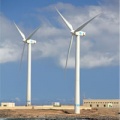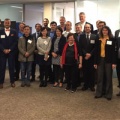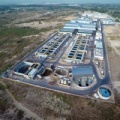Events Low Carbon Desalination Expert Workshop
November 17-18, 2016 MIT Organizer: J-WAFS
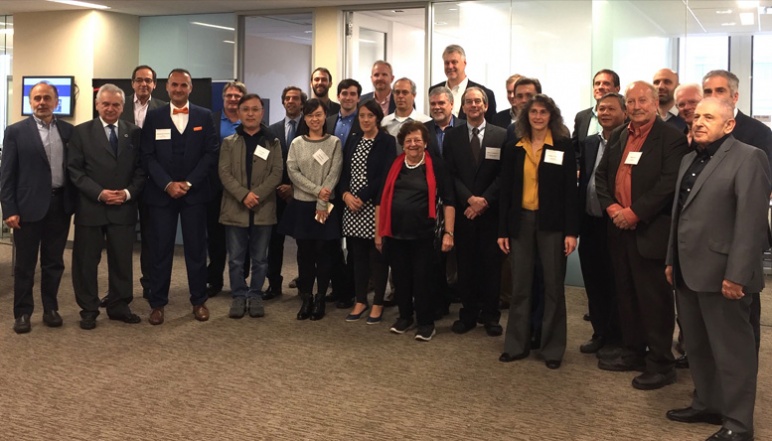
Photo Credit: Andi Sutton
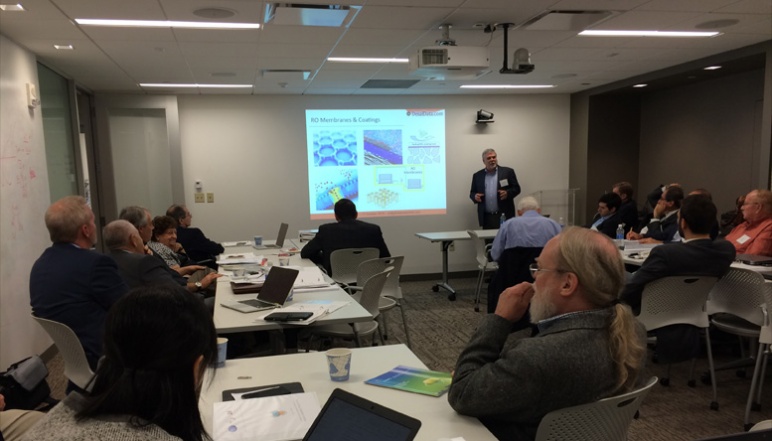
Photo Credit: Andi Sutton
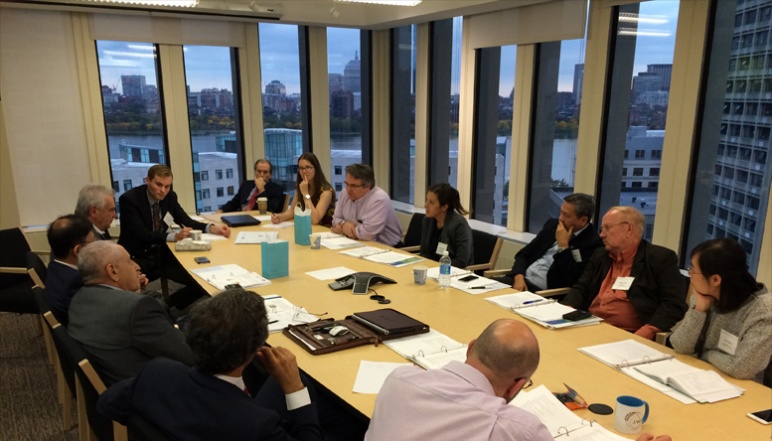
Photo Credit: Andi Sutton
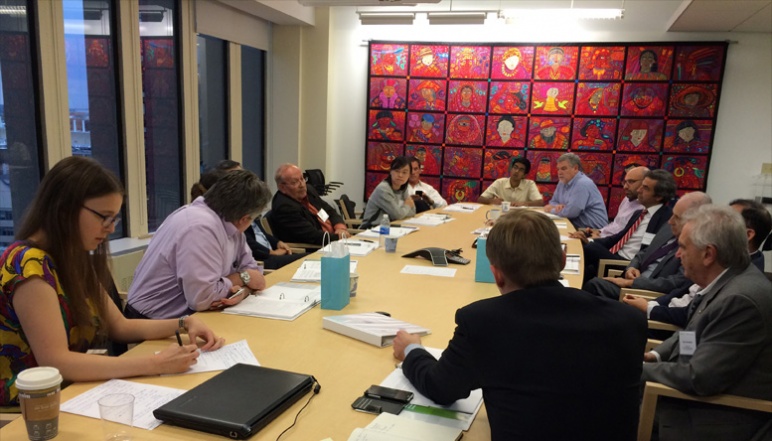
Photo Credit: Andi Sutton
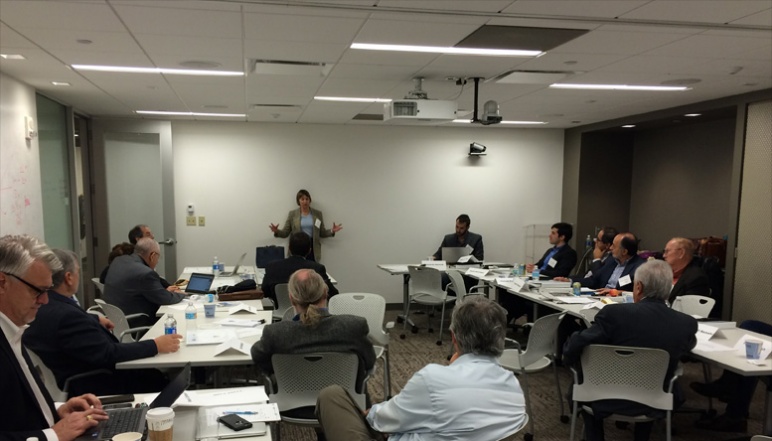
Photo Credit: Andi Sutton
Organized by J-WAFS and the Global Clean Water Desalination Alliance, the workshop addressed the technological, economic, and regulatory issues in order to produce a roadmap for future research, development, and demonstration projects, and frame a report to be delivered at the 22nd session of the Conference of the Parties to the United Nations Framework Convention on Climate Change (COP22) in Marrakesh, Morocco.
Participants representing 11 nations contributed their expertise in a wide range of desalination and sustainable energy topics. The participants deliberated on potential solutions, and challenges, to the problem of providing access to clean water with minimal carbon footprint, considering desalination at all scales, from small, local installations to megaprojects. For instance, they examined the idea of coupling desalination facilities with carbon-free or low-carbon power sources such as solar, wind, and nuclear power plants. But in order to overcome the problem inherent with wind and solar power sources—that of non-continuous power generation which would lead to operation difficulties for some types of desalination technology—the suggestion of further coupling with storage systems would only result in higher costs without proper design and operation.
Participants discussed examples of the many other potential pairings of power sources with desalination facilities, such as geothermal energy for providing both electricity and heat possibly suitable for many different kinds of locations, the use of wave or tidal power, and thermal plants that store the sun’s heat in vats of molten salt delivering heat when it’s needed. And desalination could even be thought of as a kind of storage technology in itself, with excess power used to make and store fresh water, since water is cheaper than electricity to store.
